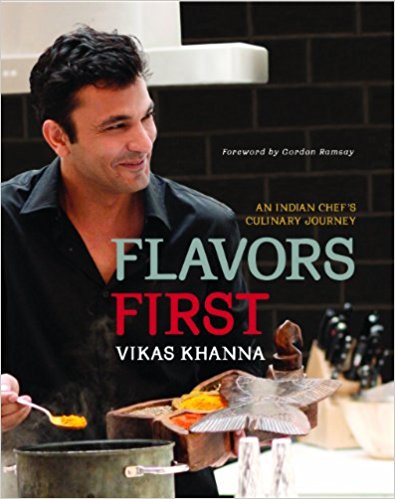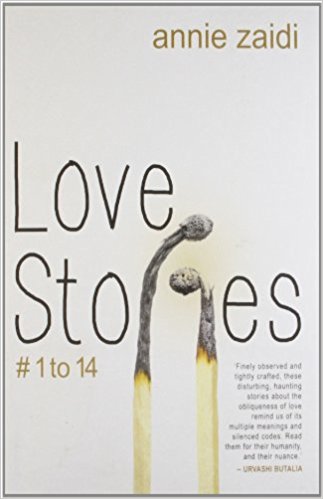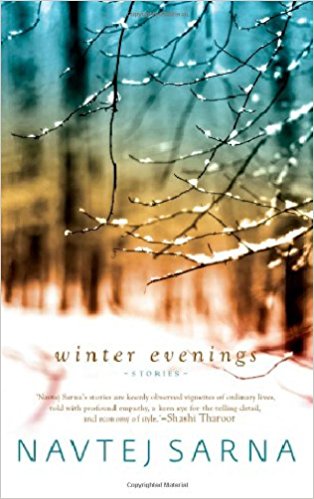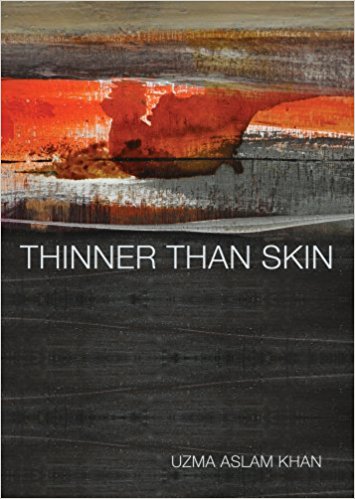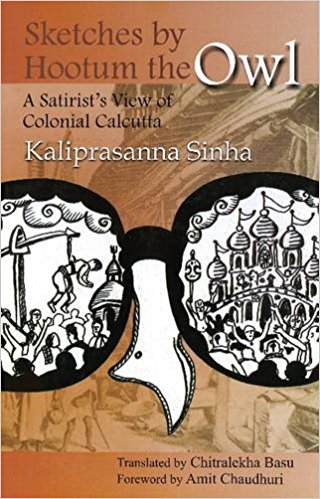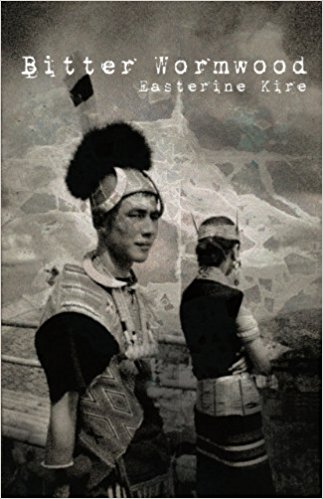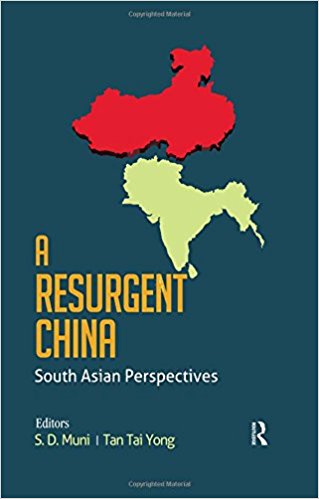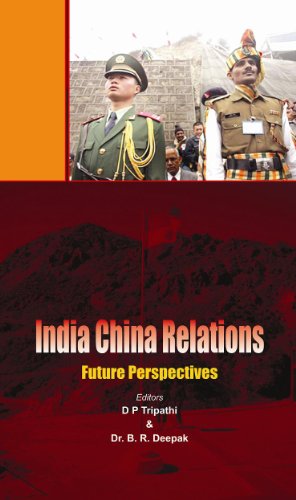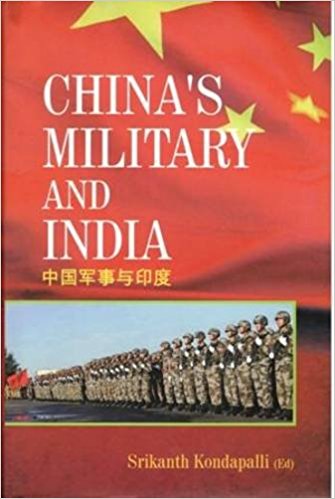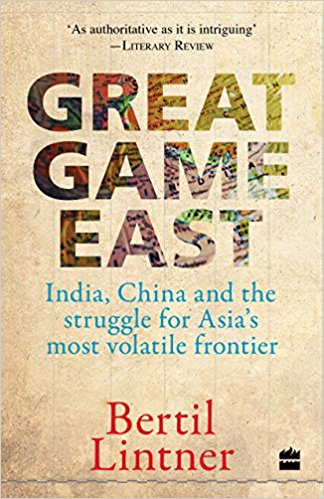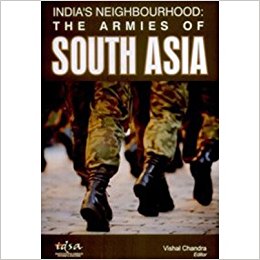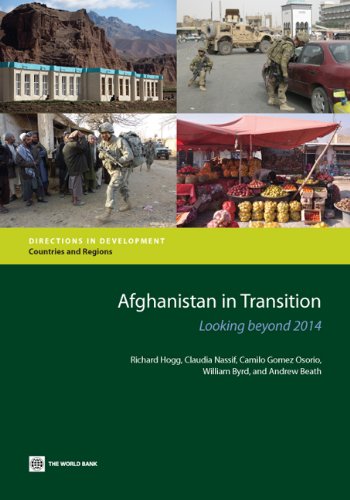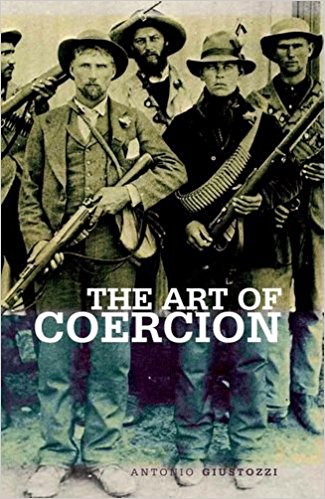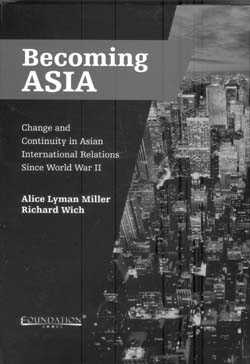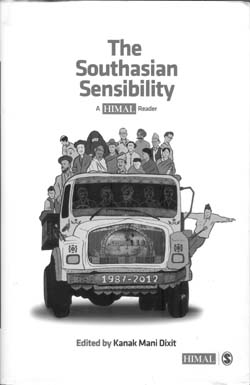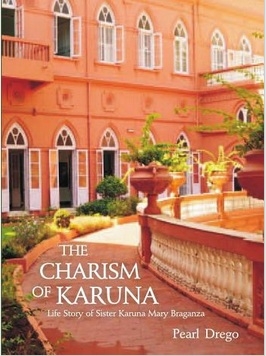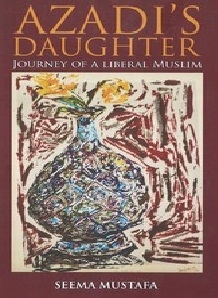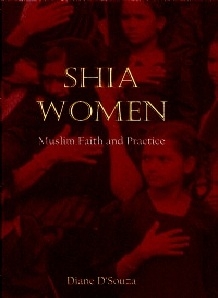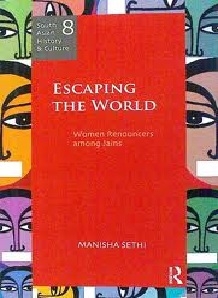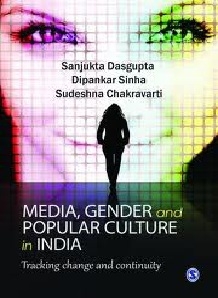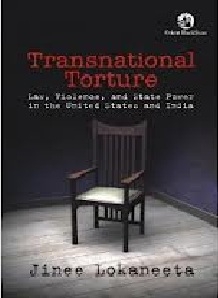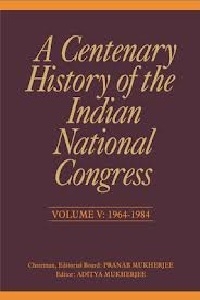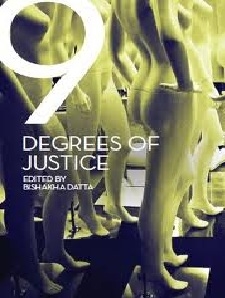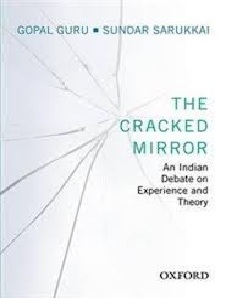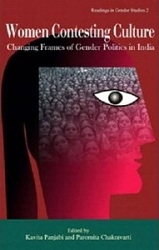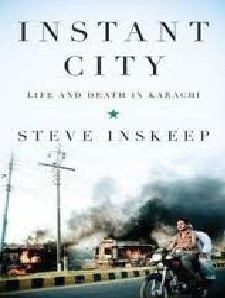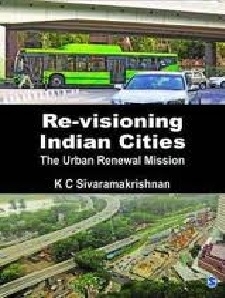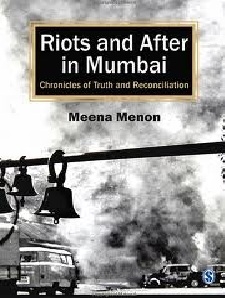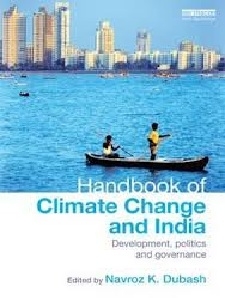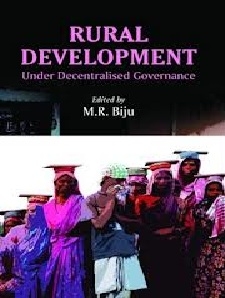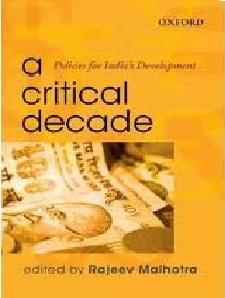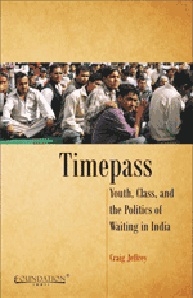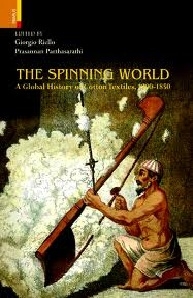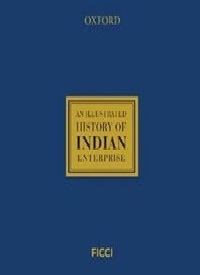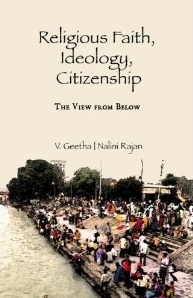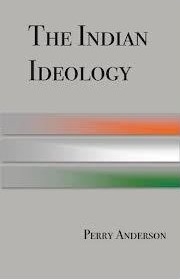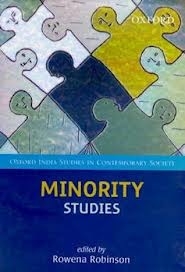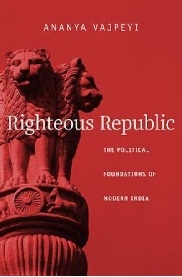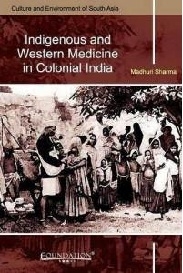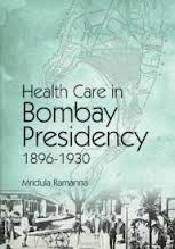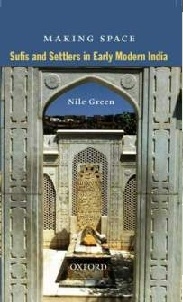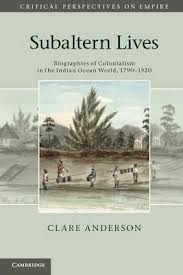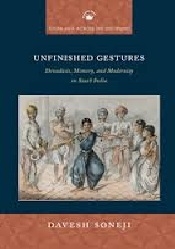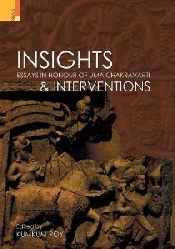A good cookbook is more than just a collection of recipes. It tells stories about the writer and the ingredients. It transports you to kitchens and markets both familiar and unknown.
Archives
February 2013 . VOLUME 37, NUMBER 2-3Love Stories # 1-14 is not arranged in the numerical order one expects to find on turning the first page—this is the book’s first surprise. And it is this note of whimsy that connects the threads of Annie Zaidi’s fourteen love stories in the collection under review.
2013
It is a pleasure to hold a book of short stories, flip its pages and discover that each story is actually short, about 4-5 pages.
Thinner than Skin, my first engagement with Uzma Aslam Khan’s work has been a beautiful experience. Truly, there is no other word to describe her writing, which is well-researched as well as derived from her personal experiences.
Kaliprasanna Sinha, born into wealth, spent his brief life in the Calcutta of the mid-nineteenth century busying himself with social and literary work that must have baffled his peers, to whom anything not effete was pointless.
2013
The protracted Naga problem has been a much debated topic in the political sphere, yet very little has found its way into the literary realm.
China looms large over South Asia. It borders four of the eight countries comprising the region—Afghanistan, India, Nepal and Bhutan, of which it has unresolved border disputes with India and Bhutan.
The book under review is the result of an endeavour by the journal Think India Quarterly committee. The committee came out with a special issue to mark the sixtieth anniversary of diplomatic ties between India and China.
China’s military spending, its weapons acquisitions and technological investments have been the subjects of commentaries for many years now. Even though debates on the true value of China’s military budget and the quality of its indigenous defence industry continue, it is generally acknowledged that these issues merit deeper study because the growth in China’s military prowess has consequences for the global international order.
2013
History connects the past to the present. It is left to us as to what we make of our understanding of history. Too often, societies and leaders get frozen in their understanding of history and fail to comprehend the role they could play in dealing with problems and issues left over from history.
At the centre of Kathleen Barry’s book Unmaking War: Remaking Men is the question: ‘Why do wars persist in the face of our human urge to save and protect human life?’
This compilation on neighbourhood armies in South Asia is a timely academic effort by a team of area experts at the Institute for Defence Studies and Analyses (IDSA) and brings together a bird’s eye perspective of the security environment, geo-political and strategic background under which armies in different countries in India’s neighbourhood have evolved.
Nowadays, when you mention ‘transition’ in the Afghan context, the definite article gets left out and the first letter capitalized; it becomes ‘Transition’, a proper noun and an entity that will produce a new Afghanistan of uncertain lineament.
A review of India’s external relations by a former Foreign Secretary always makes for a good read as it has elements of an insider’s view not just from a ringside seat, but as a key player. Muchkund Dubey’s treatise is a scholarly work that looks at India’s place and aspirations in a changing world.
It is common ground that the concept of national security is not limited any longer to external and internal threats to the integrity of a nation.
The title of the book is doubly provocative. The first part of Antonio Giustozzi’s stimulating volume paraphrases Machiavelli’s work, The Art of War. The second part is a play on primitive accumulation, a term widely used in understanding the evolution of capitalism but rarely employed in analysing the evolution of state structures.
Alice Lyman Miller and Richard Wich both of whom have been lecturing for several years on Asian international relations at various American universities have done yeoman’s service to the field of international relations by publishing this masterly account of Asia since the Second World War.
Twenty-two choice articles of a chronicle. A chronicle of times and spaces—of minds—of one fifth of humanity. A confection on the remarkable journey of a mountain magazine published over the past twenty-five years as a first and foremost regional publication.
Different sects and denominations of the Christian faith came to India at different points of time from different parts of the world.
Seema Mustafa’s personal-political memoir, Azadi’s Daughter is a welcome addition to semi-autobiographical writings by women journalists of India that have recently got published.
Diane D’Souza has presented a rich and fascinating insight into the devotional life of Shia Ithna Ashari (Twelver) Muslim women of Hyderabad in India.
‘….how does one explain the numerical preponderance of nuns over monks? What is it that drives women—increasingly young and unmarried—to a life of itinerant mendicancy?’ (p. 8)?
The book narrates the changing socio-cultural landscape of India, particularly, in the era of globalization and its implications from the vantage point of media representations of popular culture and gender.
Modern liberal democracies see laws based on coercion as a feature of the ancient-medieval barbaric regimes of the past or the uncivilized ‘other’.
This massive volume is a great disappointment. Of the nineteen chapters, one is outstanding, four or five others are well done and generally informative. Apart from these few exceptions, there is little new information provided and the articles offer few if any insights into this critical period in modern Indian history.
Poetry must be raw, like a side of beef, should drip blood, remind you of sweat and dusty slaughter and the epidermal crunch and the sudden bullet to the head. —Mona Zote
When was the last time that one has come across a co-authored book that takes the form of an explicit debate? Among the qualities that make this book so stimulating, its genuinely dialogical structure must come first.
Women’s Studies (WS) in India emerged in the wake of the women’s movement of the 1970s and shared its transformative goals.
A city is not an onion that can be unpeeled to reveal its layers. It is a breathing organism shaped by the ideologies that create it.
With the surging idea of civic participation in affairs of governance in India, there cannot be a more opportune time for K.C. Sivaramakrishnan’s book which presents an informative and detailed background of the early efforts made in the area of urban development in the country.
Last year marked twenty years of the demolition of Babri Masjid, followed by a series of large-scale communal violence, clashes and riots in different parts of India, especially in the Bombay then and now Mumbai.
Climate change as a political issue has usually been on the backburner in India, coming forth for intense public discussion only around the time when Indian representatives are off to attend yet another round of negotiations.
With the dawn of an era of liberalization and globalization in India, rural and urban development cannot be strictly compartmentalized.
Kaushik Basu who has written the foreword for the book says ‘Taking advantage of this (2011) being the Golden Jubilee Year of the IES (Indian Economic Service), it was decided to bring out a book written entirely by the officers of the service.’
Craig Jeffrey’s book can be summed up in one equation: Unemployed Jat students of Meerut in limbo—political activism.
Velli midi palagai vengalathal nadavum Alli midi midikka adainjavanur vun- mamam. Saliya weavers in south India today still sing of forefathers that wove on looms of silver and ropes of bronze.
Given that the flag of Indian enterprise has not been fluttering of late, this book should help boost the morale of Indian business and its elan at home and around the world.
The practice of conceptualizing the political world in binaries is fairly common. While these binaries have been useful for conceptual clarity scholars who are committed to binary conceptualizations such as modernity/tradition, religious belief/secularism, state neutrality/intervention and individual/community sometimes risk ignoring specificities of actual texts or events; they assume that patterns are produced over time fitting into mutually opposed set of ideas.
The celebrated New Left historian and political essayist Perry Anderson’s latest book The Indian Ideology appears at a time when several mainstream publishers with their assorted wares are proclaiming India’s arrival on the stage of world history.
2013
The idea of ‘minority’ and ‘minority rights’ has been a matter of intense debates, ever since the modern nation-states came into existence.
The plethora of commentaries and critiques on Indian political thought in the early seventies that saw a dismal disconnection between theoretical endeavours and philosophical traditions, was based on the fact that the latter seemed to play no role in the way social sciences and politics were practised in India and elsewhere.
Anchoring on Banaras—a site where not only cultural plurality permeates and colours its social fabric but where medical plurality also thrived within the context of East-West encounter—Indigenous and Western Medicine in Colonial India delineates varied shades of the social history of medicine reflecting on ‘the multiplicity and complexity of social interaction and encounter between indigenous and western medicine’ (p. XI) that still endures in Banaras.
I had the privilege of reviewing Mridula Ramanna’s earlier volume, Western Medicine and Public Health in Colonial Bombay, 1845-1895 in The Book Review (Vol XXVII, No.8, August) in 2003.
Nile Green is an unusually gifted historian. He has been engaged, almost single-handedly, in a quiet revisionism in the social history of early modern India. His work has served to introduce fresh perspectives to our understanding of early modern epistemology, bringing in dimensions of corporeality and embodiment to processes of knowledge formation.
Subaltern Lives offers us much more than what it initially promises. It is not just a prospographical analysis of individual convicts, or about recuperating lives of marginal groups transported across vast spaces of Empire under conditions of extreme regulation and punishment, it is about methodology and the challenges of reading archives.
Unfinished Gestures provides a gentle, poignant and painstakingly detailed account of the complex processes whereby women who participated and continue to participate in what Soneji classifies as non-conjugal relationships have been marginalized.
The essays in Insights and Interventions is a fitting tribute to Uma Chakravarti’s rather unconventional but, firmly committed, career as an academic and activist.

